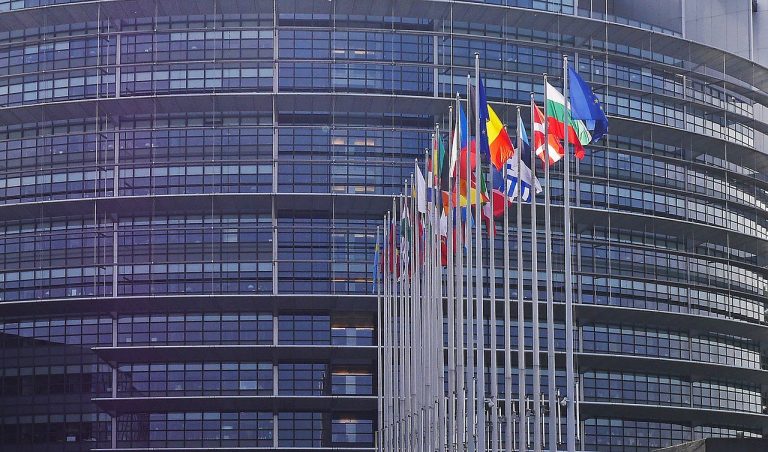 POLICY
POLICY
 POLICY
POLICY
 POLICY
POLICY
Google LLC has successfully argued before the European Court of Justice that it isn’t obligated to enforce the European Union’s “right to be forgotten” regulation outside the region.
The ECJ ruled today that the policy, which requires the search giant to scrub sensitive and outdated results about EU citizens if they ask, doesn’t extend to foreign jurisdictions. In other words, Google won’t have to remove disputed links from pages it shows to users located beyond Europe.
The decision concludes a closely watched legal saga dating back to 2015. It all started in May of that year, when France’s main privacy regulator ordered Google to expand its application of the right to be forgotten and globally remove qualifying links that European users request to take down. The search giant filed an appeal, lost and subsequently took the matter to the ECJ.
The judges presiding over the case wrote in their verdict that the “protection of personal data is not an absolute right, but must be considered in relation to its function in society and be balanced against other fundamental rights, in accordance with the principle of proportionality.”
Another rationale the ECJ provided for the decision is that privacy regulations vary among countries. Many states don’t recognize the right to be forgotten, the judges pointed out.
Google’s argument against the original 2015 French order to make link removals global was that a country’s authorities shouldn’t have the ability to make information inaccessible in other jurisdictions. That point persuaded several outside organizations to back the search giant in the case. Microsoft Corp., the Wikimedia Foundation and the European Commission were among the parties that came out in support of Google at a court hearing last year.
The company said in a statement after ruling today that “since 2014, we’ve worked hard to implement the right to be forgotten in Europe, and to strike a sensible balance between people’s rights of access to information and privacy.”
“This is good news for Google and other operators of online services, at least in that they will need to worry less about having potentially conflicting legal obligations in different jurisdictions when complying with ‘right to be forgotten’ requests relating to their online services,” Ron Moscona, a partner at the international law firm Dorsey & Whitney’s London office, said in an email. “Online service operators can now proceed on the basis that when content has to be taken down to comply with a ‘right to be forgotten’ request, it will only need to be taken down from the versions or iterations of these services servicing the EU market. In principle, non-EU versions of the services would not need to be affected by the request.”
However, Moscona added that it’s difficult to predict how far-reaching the decision will be. “The decision does not consider the broad issues concerning the territorial effect of GDPR,” he noted. “The courts will have to develop the law further before it becomes clearer in what other ways the legal obligations under GDPR may be limited to the territory of the EU.”
THANK YOU